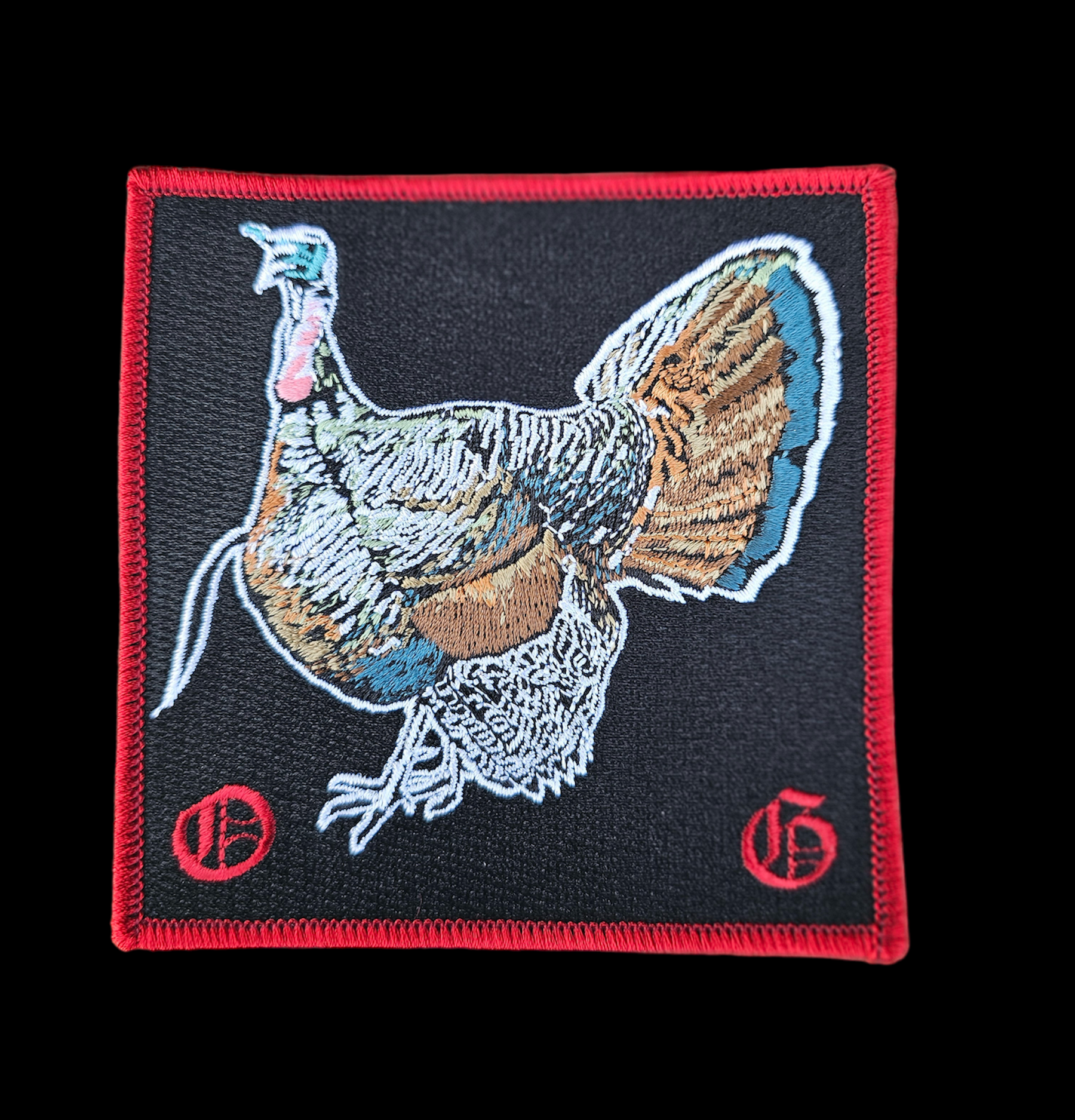As far as I am concerned, being in the woods at the first hint of daylight and staying there until the sun comes up is the single most important way to scout any property. That period of time is worth the entire rest of the day put together in terms of its value to you in knowing where your birds are at.
That's not to say that becoming familiar with the property during the rest of the day is not important,...it is. But that first hour (and sometimes the last thirty minutes before dark in the evening) will generally provide you with all the information you need to be a successful spring gobbler hunter. Why is that?...because that is when gobblers are going to be the most likely to tell you where they are at by gobbling.
It will tell you where they are roosting,...and often give you an idea of how many of them there are around. It will tell you where they are in relation to their most likely staging areas and food sources. That information, in combination of learning the lay of the land during the day, is paramount.
Now, if the property is large enough that you cannot HEAR the entire property from a single, well-chosen location, you want to either plan on spending your scouting mornings listening from different places on the property and noting where you hear birds, or planning a route you can take in that first hour of daylight to get to different areas of the property while the gobblers are still on the roost and are likely to be gobbling. They are very likely to be within earshot of that/those locations pretty much every morning,...barring any disturbances that cause them to change roosting sites.
My single word of advice: When scouting anywhere, ALWAYS be there at first light in the morning if you can possibly do it.
My second single word of advice: Get you a good locator call and learn how and when to use it...














